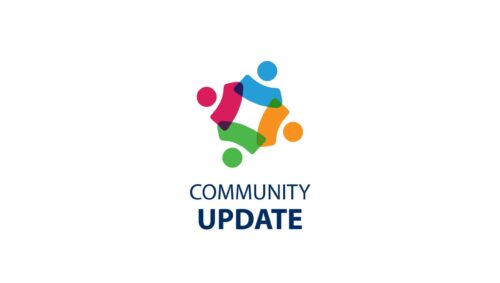Social Security
Your earnings record is both your financial history and your financial future.

 Social Security is an earned benefit. Your earnings history is a record of your progress toward your benefits. Social Security keeps track of your earnings so we can pay you the benefits you’ve earned over your lifetime. This is why reviewing your Social Security earnings record is so important.
Social Security is an earned benefit. Your earnings history is a record of your progress toward your benefits. Social Security keeps track of your earnings so we can pay you the benefits you’ve earned over your lifetime. This is why reviewing your Social Security earnings record is so important.
If an employer didn’t properly report just one year of your work earnings to us, your future benefit payments from Social Security could be less than they should be. Over the course of a lifetime, that could cost you tens of thousands of dollars in retirement or other benefits to which you are entitled. Sooner is definitely better when it comes to identifying and reporting problems with your earnings record. As time passes, you may no longer have easy access to past tax documents, and some employers may no longer exist or be able to provide past payroll information.
While it’s the responsibility of your employers, both past and present, to provide accurate earnings information to Social Security so you get credit for the contributions you’ve made through payroll taxes, you should still inform us of any errors or omissions you find. You’re the only person who can look at your lifetime earnings record and verify that it’s complete and correct.
The easiest and most efficient way to validate your earnings record is to visit socialsecurity.gov/myaccount to set up or sign in to your own Social Security account. You should carefully review each year of listed earnings and use your own records, such as W-2s and tax returns, to confirm them. Keep in mind that earnings from this year and last year may not be listed yet. Notify us right away if you spot errors by calling 1-800-772-1213.
You can find more detailed instructions on how to correct your Social Security earnings record at socialsecurity.gov/pubs/EN-05-10081.pdf.
Remember, you can access important information like this any time at socialsecurity.gov and do much of your business with us online.
Celebrating Hispanic Heritage Month: Social Security touches the lives of nearly every American. Hispanics make up our nation’s largest ethnic minority group with a population of 58.9 million, representing 18.1 percent of the nation’s total population.
We work hard to deliver great customer service and easy-to-access information about our important programs and the benefits we provide to millions of Americans. If Spanish is your primary language, you can visit ssa.gov/espanol, our Spanish-language website. It includes important information about how to get a Social Security card, plan for retirement, apply for benefits, manage your benefits once you’re receiving them, and much more. Many of our offices have staff who speak Spanish, or you may call 1-800-772-1213 from 7 a.m. to 7 p.m. weekdays and select the option for Spanish.
Back to School: It typically takes people a lifetime of planning to reach their retirement goals. The earlier young workers know about saving for their future, the better chance they’ll have at achieving a comfortable retirement. This is why Social Security has created a resource specifically for teachers and students.
Our Information for Educators page contains a toolkit with information and resources to educate and engage students on Social Security programs and services. Within the toolkit, you’ll find:
• Two lesson plans with objectives
• Infographics and handouts for each lesson plan
• Links to Social Security webpages
• Talking points
• Quiz questions and answers
It’s important for students to understand why Social Security was created and why it is essential to their lives today and in the future. This knowledge and understanding will provide students a strong base on which to build their financial future.
You can access the webpage and toolkit at socialsecurity.gov/thirdparty/educators.html. Young workers can also see how Social Security directly relates to them at socialsecurity.gov/people/students. Encouraging young people to save now for long-term goals that are decades away can be somewhat difficult. Let them know they have a better chance of realizing their dreams if they start planning and taking action early. And also let them know that they can share this information with friends, both in person and on social media.
Carrie Mikesell is Social Security district manager in Bridgeton.











